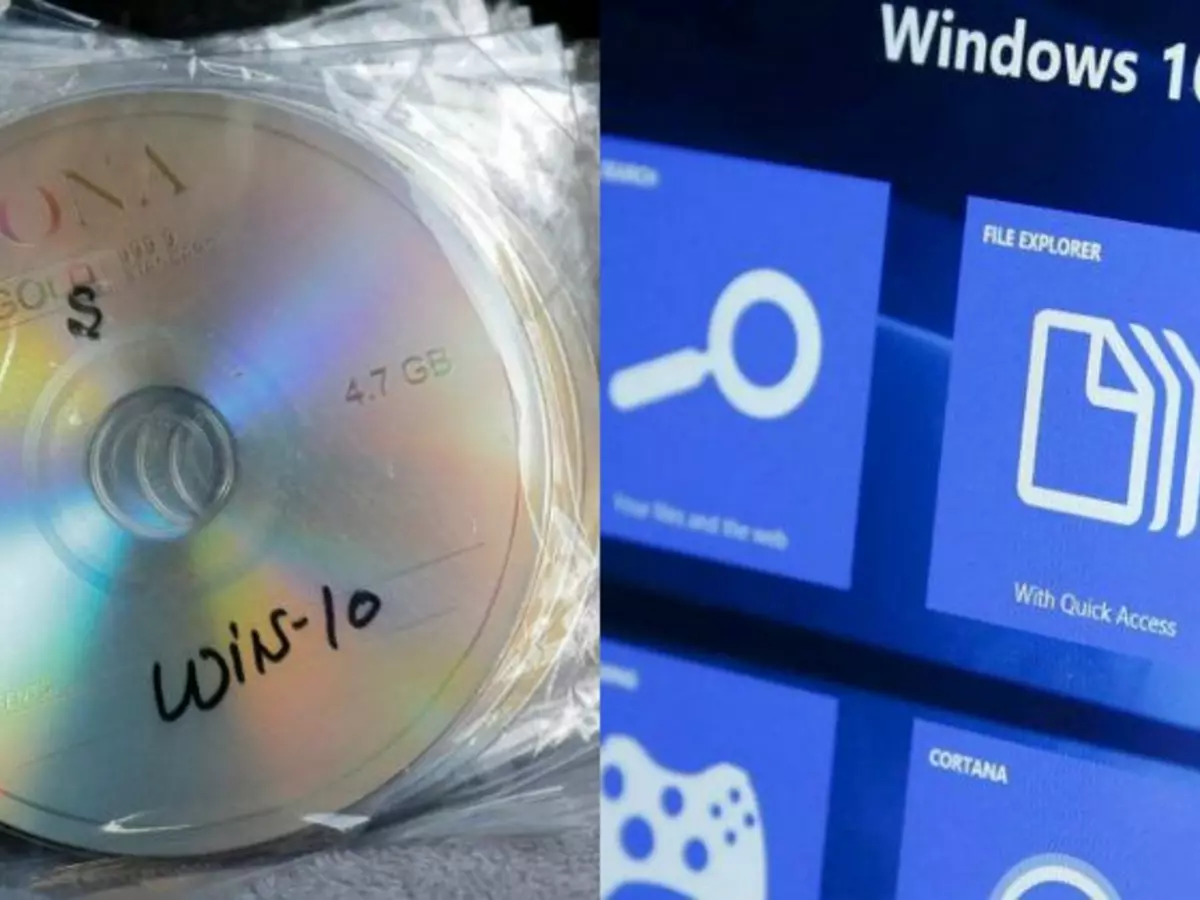91% Of PCs Sold In India Run On Pirated Windows 10, And 85% Of Them Come With Dangerous Malware
Microsoft has uncovered a disturbing trend in Asia while trying to ascertain the level of pirated software prevalent across different markets on the continent. Almost all PCs and laptops sold through retail stores across various countries run exclusively on pirated copies of Windows 10 operating system.

Microsoft has uncovered a disturbing trend in Asia, while trying to ascertain the level of pirated software prevalent across different markets on the continent.
They found that almost all PCs and laptops sold through retail stores across various countries run exclusively on pirated copies of Windows 10 operating system.

This revelation comes from a recently published Microsoft study, which included purchasing 166 Windows computers from nine Asian countries between May and July 2018. What they found is clearly disconcerting.
More than four in five (83%) of all brand new computers sold in these nine countries come pre-loaded with pirated software and malware.

reuters
The software piracy levels in some countries is unbelievably high. According to Microsoft's report, Malaysia, Vietnam and Thailand reported 100% piracy in brand new PCs purchased off the shelves.
India was next in line with 91% pirated Windows coming pre-installed on brand new, box packed computers and laptops. That's not all. In India, 85% of PCs that came with a pirated version of Windows 10 pre-installed were also loaded with dangerous malware, including backdoor software that could be used by hackers and bitcoin miners that secretly utilize your PC's power and performance for someone else's use, according to Mary Jo Schrade, Assistant General Counsel and Regional Director of Digital Crimes Unit in Asia at Microsoft in Singapore.

Reuters
She further stressed on an important point, "When vendors sell pirated software containing malware in their personal computers, they are not only fueling the spread of malware in the region but are also putting their customers¡¯ personal information and digital identity at the mercy of cybercriminals."
Free software is not really free. If something seems too good to be true, it usually is. Don't risk your personal data for free software you don't know is truly free.
